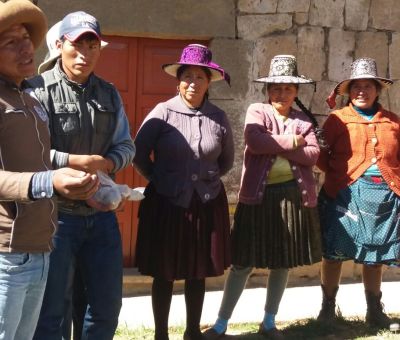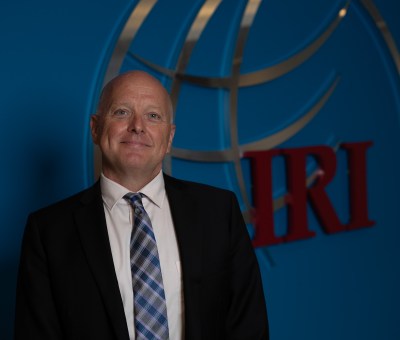IRI Expert Analyzes Power Shift in the Democratic …
Power Shift in Congo Foreign Affairs Mvemba Phezo Dizolele and Pascal Kalume Kambale It is never easy for the ship…
After accusations of closed-door, undemocratic deal-making that ushered in the change in presidents in 2019 in the Democratic Republic of Congo (DRC), IRI is focused, among other objectives, on improving government transparency.

In January 2019, the DRC saw its first generally peaceful transfer of executive power with the inauguration of Félix Tshisekedi, following 18 years of Joseph Kabila’s presidency. The long electoral process leading up to the transfer was marked by a lack of transparency and irregularities. But it has also presented a chance to encourage the new government to begin a reform process driven by local priorities and guided by expert analysis and assistance.
To build on post-election momentum, IRI is working with civil society (CSOs) on creating and running voter information campaigns. IRI is helping CSOs strengthen their networks and push for better government accountability. IRI also provides support to domestic election observation groups, training them on how to provide oversight in elections.
IRI is doing the important task of working with newly-elected members of the National Assembly and three provincial assemblies to draft legislation that is responsive to citizens’ concerns. This work also involves training on how representatives can better communicate with their constituents as well as collaborate with each other on parliamentary committees and across areas of common concern.
Political inclusion is another key part of IRI’s work in the DRC. Independent and female candidates faced challenges during the last election cycle. To address these challenges, IRI is partnering with a wide range of human rights, women, youth, and people with disabilities-focused groups. IRI also supports members of the National Assembly’s youth and women’s caucuses, caucuses that IRI helped establish in 2012.
Power Shift in Congo Foreign Affairs Mvemba Phezo Dizolele and Pascal Kalume Kambale It is never easy for the ship…

Democracies can only thrive when the voices of all citizens are heard. As part of our commitment to empowering marginalized…
Kinshasa, Democratic Republic of Congo— The International Republican Institute’s (IRI) Center for Insights in Survey Research’s (CISR) inaugural nationwide survey…
Kinshasa, République Démocratique du Congo – Le premier sondage à échelle nationale du Center for Insights in Survey Research (CISR)…

